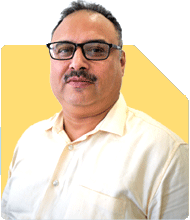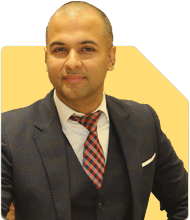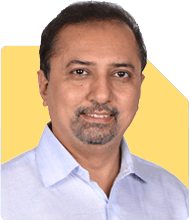Hi, how do I start a business, for instance trading or an online business. Seriously thinking about it. How much capital is required for that? Thanks
Ans: If you want to start a business for instant income, whether it is trading or an online business, first of all you need more planning and consideration.
1. Identify Your Business Idea:
First of all, clearly define the product and service you want to provide and you can choose your product niche according to your interest, skill, and market demand.
2. Market Research:
Always do market research, that what is your target audience, what are the competitors of your chosen niche and what is the current industry trend according to your concepts? So that you can easily connect your unique selling proposition USPs.
3. Business Plan:
Please make your business strategy and plan clearly with your proper business concept or idea, target audience & market, marketing strategy,financial projections, and operational plan. For well-crafted execution for success.
4. Legal Structure:
By choosing the right legal structure for your successful startup. Such as LLC, corporation, or sole proprietorship. This will be impactful for your business taxes, liability, and other legal terms.
5. Register Your Business:
Firstly register your business name with government portals and take business running licenses or permits. Also, check the other local regulations and documentation.
6. Financial Planning:
Also estimate the cost of your business plan, ongoing expenses, and projected revenue. So that a budget and financial plan can be made easily. And there is no problem in doing factors like producing, marketing, and operating.
7. Funding:
Also, determine how you will be funded in your own business. This may include your personal savings, bank, and other loans, investors & sponsors, or crowdfunding. Because different business models have different capital requirements.
8. Online Presence (for Online Business):
You have to keep a lot of things in your mind to set up an online business, such as creating an attractive & professional website, setting up an e-commerce platform for selling, and making maximum use of social media platforms for marketing and promotions.
9. Supplier and Inventory (for Trading Business):
For starting a trading business, you have to establish relationships with vendors. And be sure to how you manage your business inventories.
10. Build a Network:
Need to build a strong network with your customers, consumers, mentors, and industry persons, and many more. Because networking is crucial for advice, support, and multiple business opportunities.
11. Marketing and Branding:
Before promoting make sure to develop a marketing strategy to better promotions. You can utilize the tools of digital marketing, and content creation to reach your target audience and customers.
12. Customer Service:
Always give priority to your customer, so that customer can become your satisfied customer and can come to you again and again and purchase your services.
13. Adapt and Evolve:
Always be flexible and ready to adapt. Also, keep an eye on current market trends and be prepared for essential changes in your business model based on customer feedback and reviews.
Capital Requirements:
The actual capital required varies widely depending on the nature and scale of your business. Online businesses often have minimal startup costs compared to other ventures. Trading businesses may require more capital for inventory, warehousing, and logistics.
It is essential to conduct a detailed financial analysis based on your business model. Remember, business success often involves a combination of planning, implementation, and continuous learning. Take a consultation with business advisors to get personalized guidance based on your business concepts, ideas, and it's goals.



























